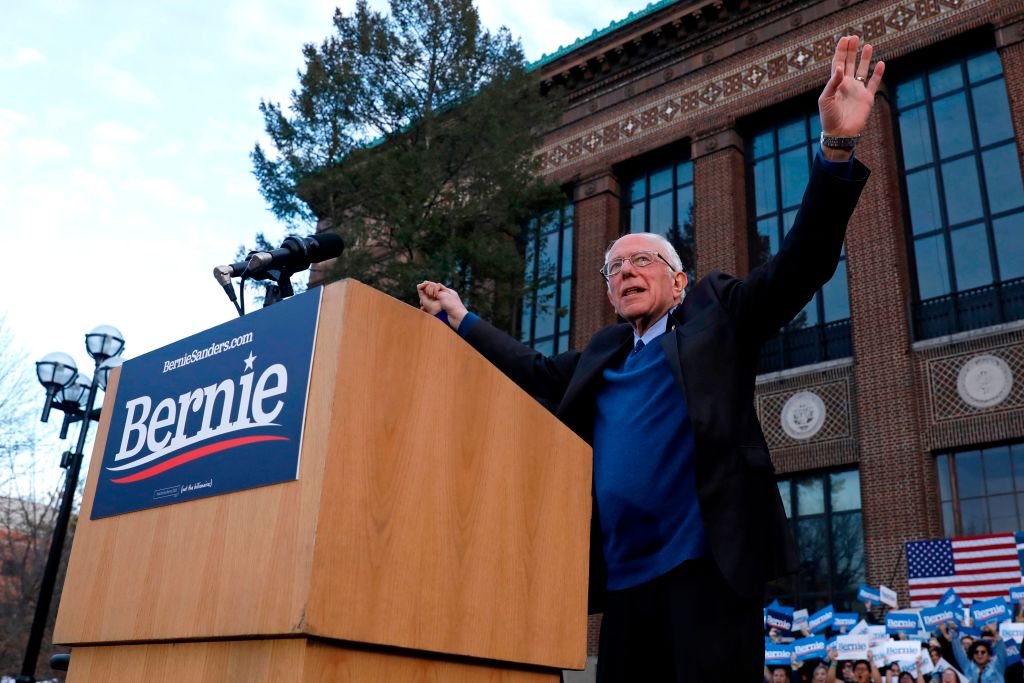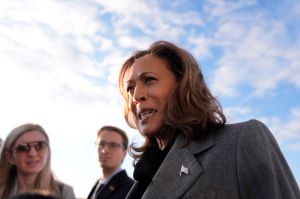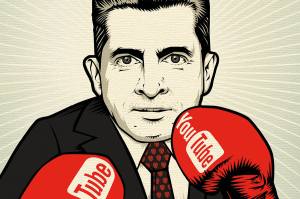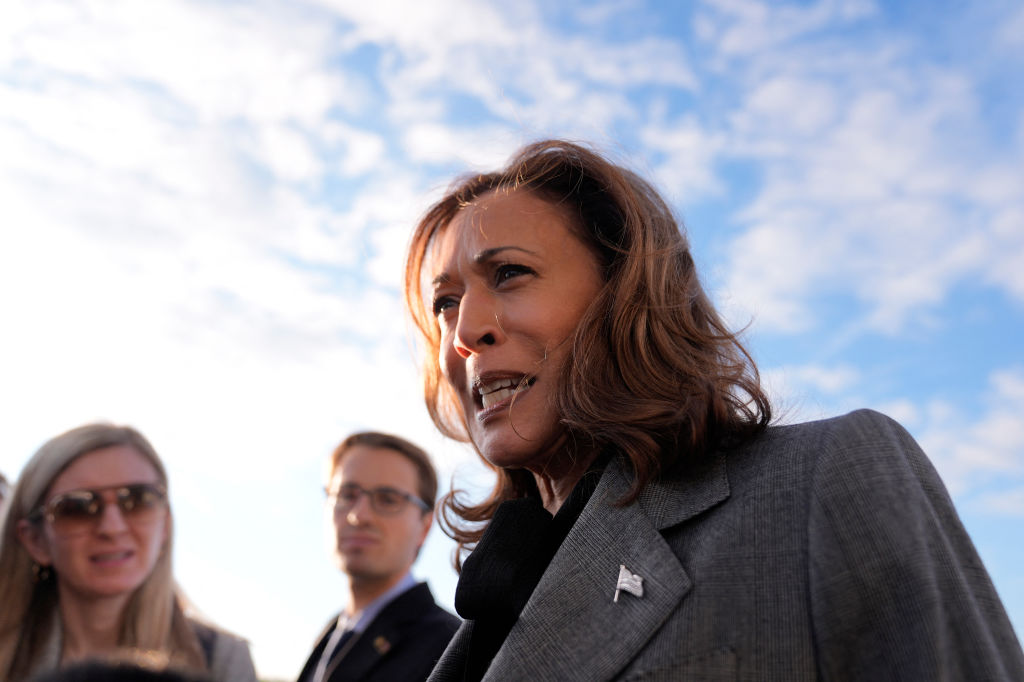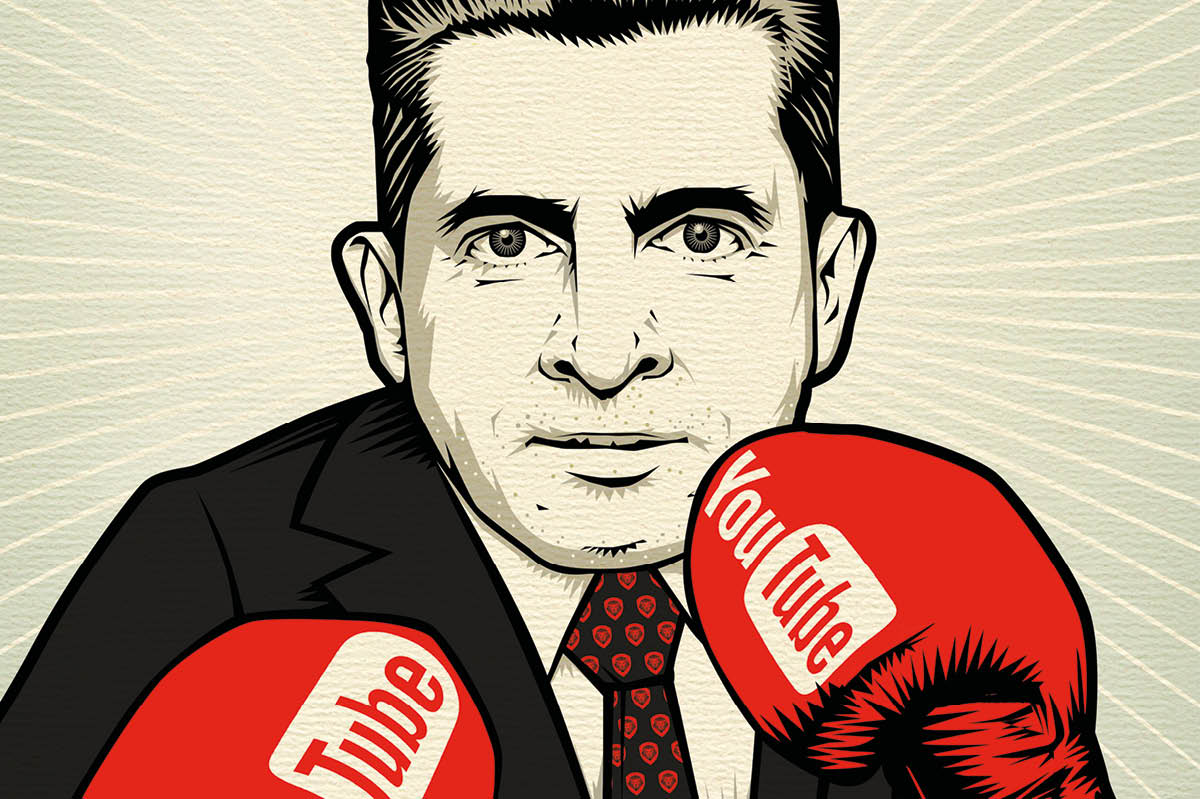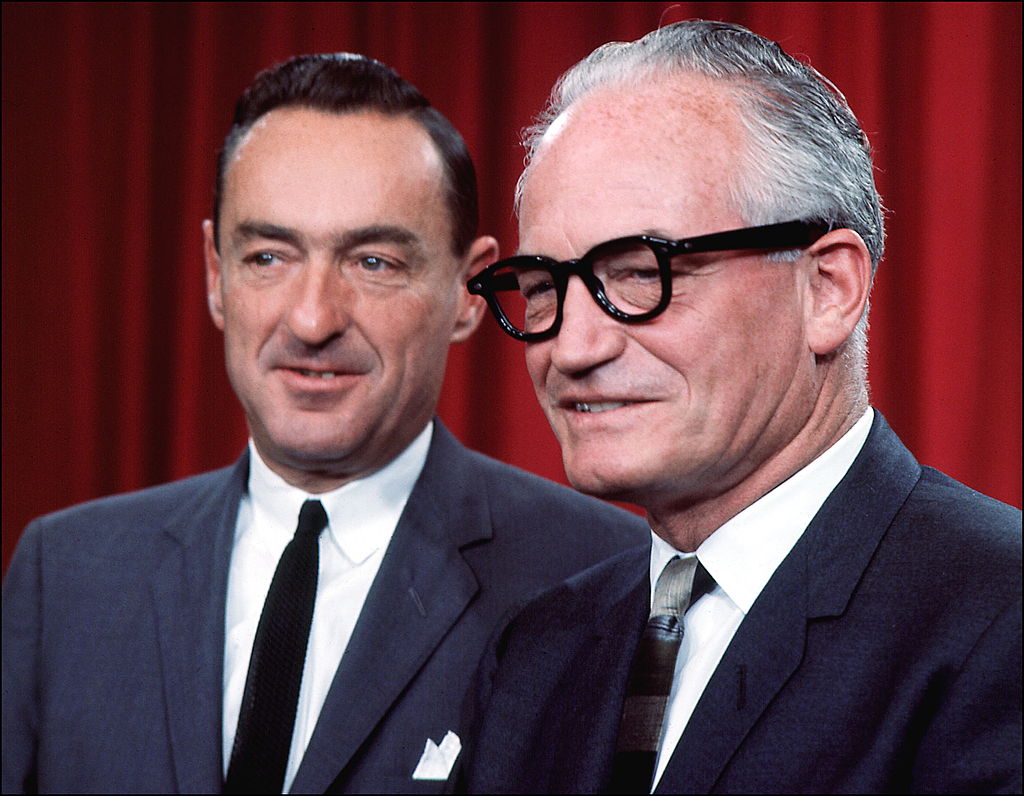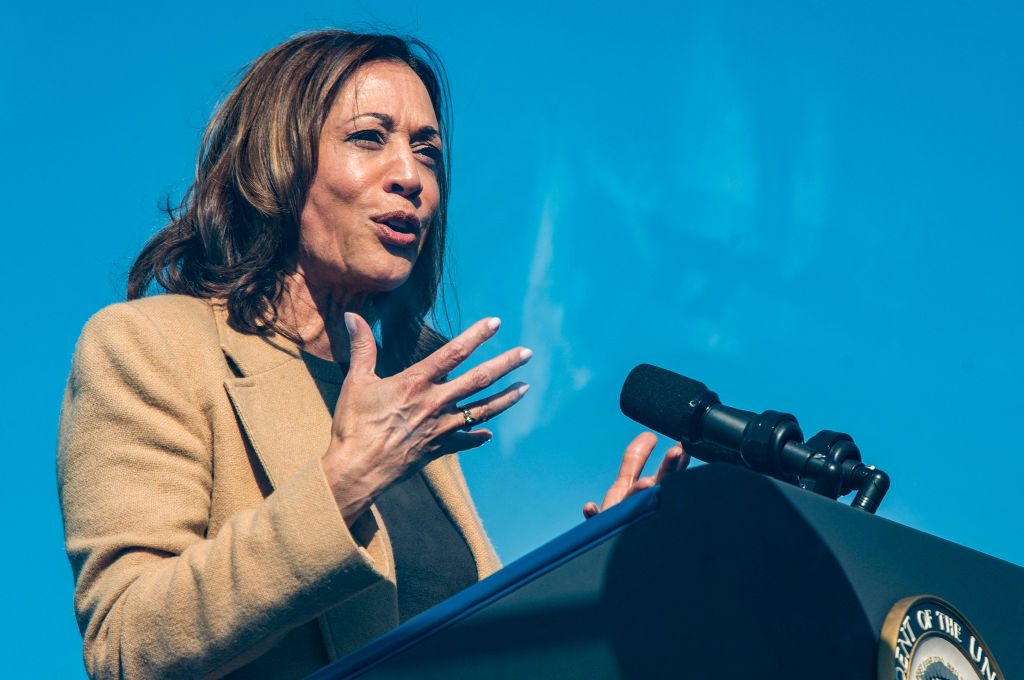Forgive the analogy that follows. Is Bernie Sanders the Barry Goldwater of the left? Has Sanders, to echo the words of George Will on Goldwater, lost two primary campaigns but won the future?
What reminds us of Goldwater is the clarity of Sanders’s proposals and the force with which he expressed them. Medicare-for-All, canceling student debt, free college tuition; paid for by soaking the wealthy with new taxes. Sanders made all of this thinkable, because most of his ideas are popular. The Sanders moment arrived at a time of political reorientation that would have been unthinkable during the Cold War years. Polling showed that half of millennials have unfavorable views of capitalism. Seventy percent say they are likely to vote for a socialist candidate. Nearly a fifth of them think that the Communist Manifesto is a better guarantee of freedom than the Declaration of Independence. Sanders’s ideas, which were eccentric in the 1980s, cranky in the 1990s, and on the fringe in the 2000s, were ideally suited to the angry populism of the 2010s.
Compare this with Hillary Clinton and Joe Biden, who both beat Sanders to the nomination. What exactly did Hillary stand for? What ideas did she have? Without the aid of Google, there is nobody within a thousand-mile radius who could tell you. Joe Biden doesn’t have policies either; he has a sheet of talking points he reads whenever he appears on cable news, and a vague, if emotionally cogent, pitch to restore America to the apparently wonderful Obama era. Clinton and Biden beat Sanders through canny back-room maneuvering, media firepower and fearful appeals to ‘electability’. Clinton lost to Trump and even under Covidian circumstances, Biden appears well placed to do the same.
In the medium-term it would be no surprise if Sanders’s ideas are the platform upon which future Democratic candidates build, as Reagan did with Goldwater. It is not impossible to imagine either AOC, or even some establishment bot, running for the presidency in 15 years armed with Sanders’s policies. ‘Most people are other people,’ Oscar Wilde once wrote. ‘Their thoughts are someone else’s opinions, their lives a mimicry, their passions a quotation.’ The list of future Democratic politicians whose thoughts, opinions and passions derive from the former mayor of Burlington, Vermont, is likely to be long indeed.
Still, there are plenty of reasons why this future might fail to materialize. For one thing it remains to be seen if a national politician on the far-left with the skills and stamina to succeed Bernie emerges. Bernie’s ‘political revolution’ has not been very successful at digging foxholes in the institutions it needs to capture. His movement is yet to achieve anything like the Tea Party did 10 years ago in terms of winning seats in Congress. All the attention lavished on Ilhan Omar, Rashida Tlaib and AOC obscures this. As one of the (many) Sanders campaign postmortems in Jacobin points out: ‘If we count all of the left-wingers who supported Sanders, and were backed by organizations like Justice Democrats, Our Revolution, and the Democratic Socialists of America (DSA), our mighty movement commands 0.7 percent of Congress and less than 0.01 percent of all elected seats in the United States.’
The Sanders revolution, paradoxically enough, also faces the danger of being throttled by some of its biggest supporters. There was something hysterically nihilistic about the DSA’s refusal to endorse Biden. It only reinforced the (mistaken) image that much of Bernie’s support is made up of parentally-funded babies cosplaying 20th-century socialism. The perfectionist streak that runs through left-wing politics is an inheritance from the puritans, the abolitionists, the temperance movement and the Debsian socialists of a hundred years ago. More often than not this desire for purity doesn’t change the world, it’s a form of retreat from the world as it actually is.
The recurrent collapses of the far-left put one in mind of what the sociologist Daniel Bell called ‘the melancholy question’. Why didn’t Marxism succeed in America? Bell blamed the Marxists themselves: ‘The socialist movement, by its very statement of goal and its rejection of the capitalist order as a whole, could not relate itself to the specific problems of social action in the here-and-now, give-and-take political world.’ American Marxists, he said, were in the world, but not of the world. Decades later, this formula could apply to many of the ‘Dirtbag Left’ figures who have boosted Sanders.
In some ways, the Goldwater as John the Baptist to Ronald Reagan’s Christ is a crude analogy. Reagan was able to learn from Goldwater’s mistakes, and as much as he was ventriloquized by Goldwater’s libertarianism, Reagan was influenced by FDR to an extent that most conservatives don’t recognize. Any future equivalent to Reagan who emerges from the Sanders left will have to be open to other influences and learn from Bernie’s mistakes too. Bernie’s campaign didn’t conduct focus groups and refused to take the agenda-setting role of the media — even if it is in an internet-induced decline — seriously. Campaign staff were not allowed pitch opposition research, because saintly Bernie disliked negative campaigning. And while all Bernie’s Castro-happy talk at the end of February has been overplayed as a reason for his campaign’s downfall, it didn’t help him either.
***
Get three months’ free access to The Spectator USA website —
then just $3.99/month. Subscribe here
***
Outside of his core support there was some truth to Hillary Clinton’s claim that ‘nobody likes Bernie’. He lectured and hectored, and when he explained his ideas to people he instinctively disliked he could seem bored, as if basic retail politics was a waste of his time. Donald Trump could get away with this (and more) given the nature of the Republican base, but in Bernie’s situation it was akin to suicide. Democrats, especially the ones with power and money, care about civility, bland likability and personal narratives. Bernie was not interested in any of this stuff.
If Sanders is the Barry Goldwater of the American left, his successor will not quite be what his supporters today expect. The successor will be armed with many leftist ideas — enough of them to harness the genuine energy Sanders has created in the last four years. But to win over the DNC and the mainstream media they’ll be as much about class amelioration than class warfare. Away from Chapo Trap House, trust in the media, and trust, therefore, in the messages of the DNC establishment remains high amongst the Democratic base. Even if Biden loses in November, Bernie’s successors are still going to have to win over portions of these elite groups if they are to succeed. This will be a shit-shoveling, coat-holding, nose-pinching exercise for many of them. Some of the Bernie crowd will refuse to do it; they’ll slip into extra-democratic crisis cults, abandon the cause altogether, or linger in subcultures that become ghettos. They’ll quote Emma Goldman: ‘If voting changed anything, they’d make it illegal.’ For the rest — the pragmatists who’ll be called opportunists — success will require trading Marx for Machiavelli. Lying, dissembling and stealth will replace ethical purity and the utopian delusion that the DNC can be defeated by small donors alone.



